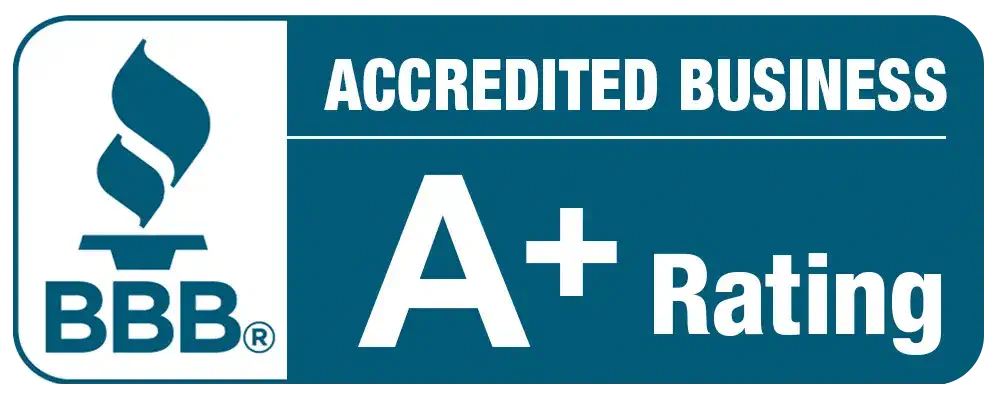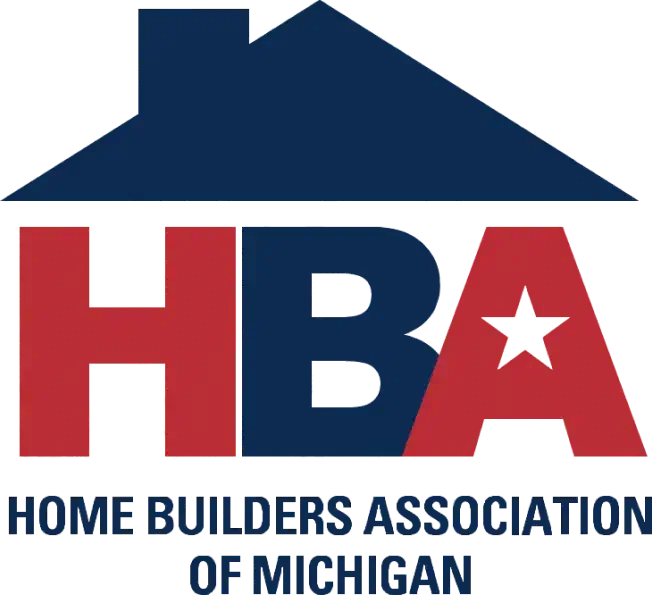Your home’s safety and stability depend on a strong foundation. If something goes wrong underneath, it can cause problems throughout the house. While some foundation issues, such as large cracks or sloping floors, are easy to spot, others, like doors that stick or soft spots in the floor, may be subtle and require a closer look. Even small changes can point to bigger issues. In this guide, we’ll walk you through the most common warning signs, so you’ll know when it’s time to take action.
6 Common Signs of Foundation Issues
Foundation damage can show up in many surprising ways. Here are seven warning signs every homeowner needs to spot before they turn into big headaches.
Settling or Sinking Foundation
Foundation settlement is one of the scarier things you can experience in a home. When your foundation is settling, it means your home is essentially sinking into the ground. Repairing this often involves lifting and stabilizing the foundation using methods such as helical piers, which provide strong, long-lasting support.
Bowing Walls
If your basement walls are bending or leaning inward, you may have bowing walls. This usually occurs due to pressure from the surrounding soil. It’s a serious issue that should be addressed promptly. We use carbon fiber straps, helical tie backs, or steel braces to stabilize.
Gaps Between the Walls & Floors
Gaps between the walls and floor most commonly occur due to a foundation that is settling unevenly. This often happens when the soil beneath your house moves or settles. To fix it, professionals can use pier systems or wall supports to level and stabilize the foundation.
Sloping Floors
Sloping or uneven floors can be caused by the settlement of the foundation or the support posts under the floor. While the solutions are different, the cause is often due to soil that has been washed away or settled. To fix the problem, professionals may add piers under the foundation or add proper support below the uneven area by installing support posts, beams, and repairing joists. These repairs help level the floors and keep your home safe and stable.
Heaving
Heaving occurs when the ground beneath your foundation swells and pushes the structure upward. This can cause your floors to become uneven, crack walls, and make the doors difficult to open. It usually happens because the soil freezes and swells.
Foundation Cracks
Foundation cracking is a common issue that many homeowners face. Some cracks, such as horizontal or stair-step cracks, may indicate more significant problems and should be inspected immediately. Vertical cracks may not seem as severe, but they still require attention, especially if they become larger or start to leak.
Choosing The Right Foundation Repair Method
To fix your foundation the right way, it’s essential to identify the underlying cause of the foundation problem. Whether it’s cracks, settling, or bowing walls, the repair depends on what’s really going on underneath your home. At Bluebird CFW Foundation Repair & Waterproofing, we start with a comprehensive inspection to determine the root cause of the issue and recommend the best solution tailored to your situation. Our goal is to give you a repair that lasts and keeps your home safe.
Key Takeaways
Foundation problems can be overwhelming, but spotting the warning signs early helps you avoid serious issues. If you notice cracks, uneven floors, or gaps between the walls and floors, it’s time to reach out to the experts. Bluebird CFW specializes in foundation repair, offering robust, long-lasting solutions to keep your home safe and stable.
Frequently Asked Questions
Buying a house with foundation issues isn’t always bad; it depends on how serious the problem is and whether it has already been fixed. Some cracks or settling can be easily repaired, but bigger issues might cost a lot to fix. Always get a professional inspection before you decide.
A hairline crack is usually nothing to worry about and may just be a surface issue. But if it gets bigger or comes with other signs like sloping floors or doors that stick, it could indicate a foundation problem. Keep an eye on it, and if things change, have a professional take a look.
If you see cracks in your walls, sloping floors, bowing walls, or gaps between walls and floors, it’s best to call a foundation expert. These problems can get worse over time, and fixing them early is usually easier and cheaper.
Yes, foundation problems usually get worse over time. A small crack or uneven floor can develop into serious damage if not fixed. The longer you wait, the more expensive and difficult the repairs can be.
Reviews From Satisfied Homeowners




















